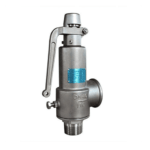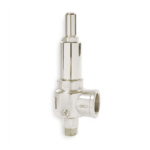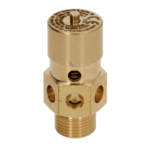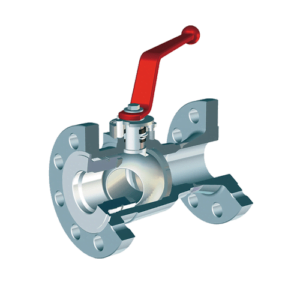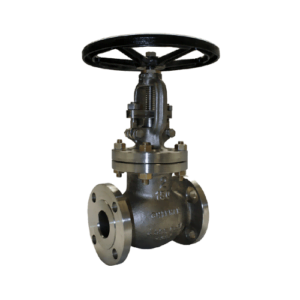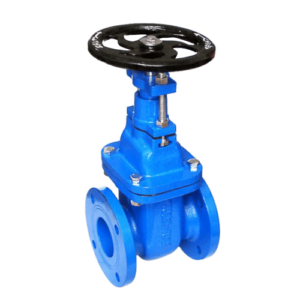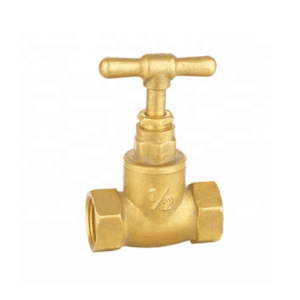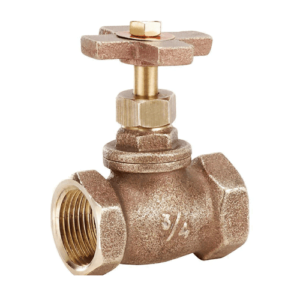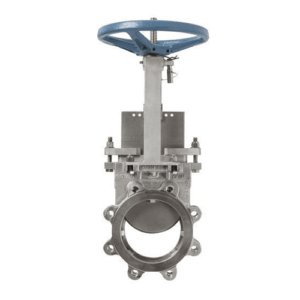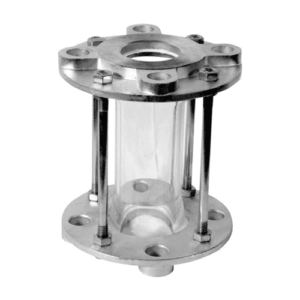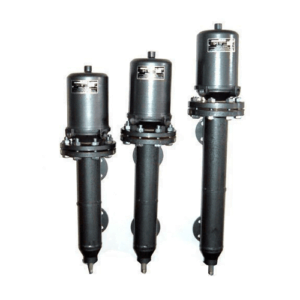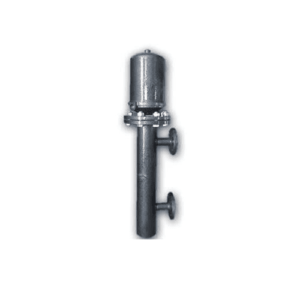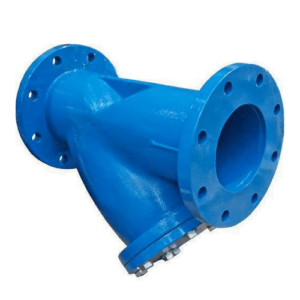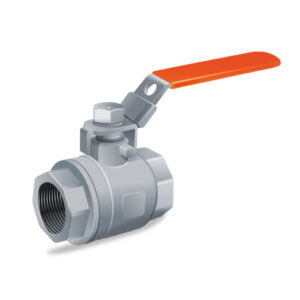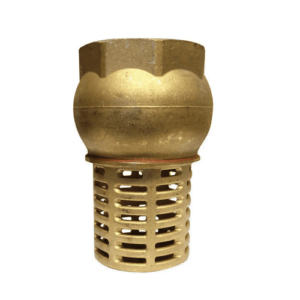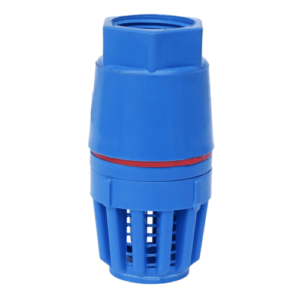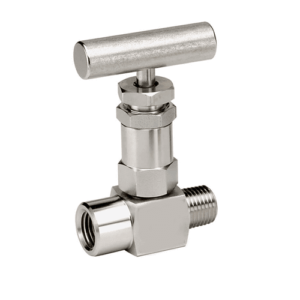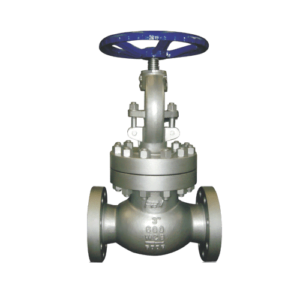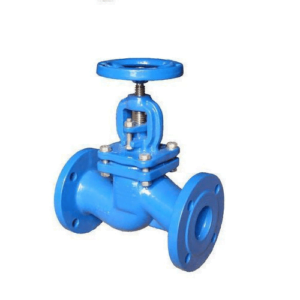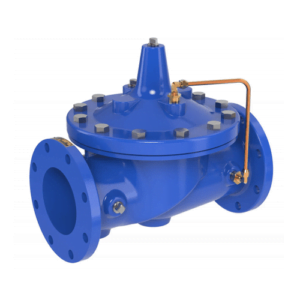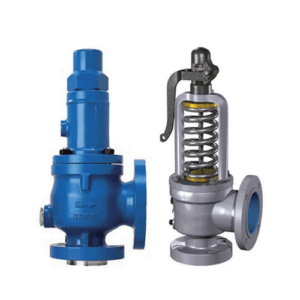High-Performance Safety Valve for Critical Pressure Management
The safety valve is one of the most important mechanisms developed, especially for protecting systems against pressure by automatically releasing any developed pressure to the pre-set value. The key sectors include, among others, oil and gas, power generation, and manufacturing, where the [Safety Valve] has really saved the day and enabled equipment to avoid failure and be operated with safety. The [Spring Loaded Safety Valve] is preferred because of its quick response and reliability under a wide range of conditions.
Material Specifications:
Our safety valves are designed with robust and tough materials, selected for high strength, corrosion resistance, and durability under high pressure. For example, Leser Safety Valve, equipped with the latest advanced materials, ensures the performance of the valve under extreme conditions—compatible with our sustainability and quality.
Technical Specifications:
- Size range from 1/2 inch to 24 inches
- Pressure settings from 50 psi to 5000 psi
- Operating temperatures from -50°C to 550°C
- Configurations include the boiler safety valve, the safety valve, and the gas safety valve, each tailored to specific industry requirements and applications.
- These factors assure that our products work perfectly under all possible operating conditions.
Standards and Compliance
We design our safety valves with high-grade adherence to international standards, including ASTM, ISO 9001, and ASME. Being the leading safety valve manufacturers in India, we take all the measures to test every valve for safety and performance by the international standards. Our products are also certified to reassure customers of their reliability and adherence to global operational standards
Usage Instructions
Do not cause any damage or mistreat your safety valve by following these steps:
- Inspect the valve from time to time for any wear or damage, especially after a release of pressure event has occurred.
- The valve should be tested once a year to make sure that it opens to the right set pressure.
- Ensure the valve is not buried at all to prevent it from being clogged outside and to make it maintainable.
- Observe all installation and maintenance instructions of the [Safety Valve Manufacturer] to ensure proper operation and safety.
Applications
It ensures that safety is maintained in all industries where the control of pressure is very important to both safety and effectiveness:
- Energy Sector: The [Boiler Safety Valve] is used in the energy industry—power plants and boilers—to regulate steam pressure and protect systems from overpressure events.
- Oil and Gas: The [gas safety valve] is a critical component in natural gas processing and distribution systems, quickly relieving pressure on pipelines and storage vessels.
- Home Appliances: The [geyser safety valve] is made to avoid excess pressure in the home water heating systems, hence ensuring household safety.
- Industrial Manufacturing: A [Spring Loaded Safety Valve] is commonly applied to chemical and other industrial plants where an instantaneous pressure upsurge is likely to happen.
Features and Benefits
Features
- Rapid Response: Safety valves react fast to any excess pressure to restore balance in a system very quickly and prevent any damage.
- Durability: The valves, owing to their high-quality materials, are toughly constructed and designed to ensure they provide a long service period.
- Customizable Options: Available in multiple sizes, with options for a number of different specs and including the [Leser Safety Valve] that can be built to specific operational requirements.
Benefits:
- Enhanced Safety: Safety valves protect equipment and, by extension, people by preventing accidents resulting from pressure.
- Regulatory Compliance: Meets global safety standards, ensuring that systems comply with legal requirements for pressure management.
- Cost Efficiency: It is cost-effective because it saves the high cost of breakdowns and downtime through system integrity and hence helps in lowering overall repair and maintenance costs.
Related Products
To optimize your safety system, consider these complementary products:
- [Pressure Relief Valve]: It offers an added safety feature that will relieve extra pressure in case there is an overpressure condition beyond the safety valve capacity.
- [Check Valves]: These are essentially used to avoid the reversing flow of a fluid. Without them, reversal of flow would cause a pressure buildup.
- [Control Valves]: Regulate flow and pressure within the system. They work side by side with the safety valves to provide general system stability.
Support and Warranty Information
Our safety valves, many of them under special designs, such as the [lesser safety valve] and [spring-loaded safety valve], are well supported by warranties and comprehensive support. We provide total installation documentation, operational support, and equipment troubleshooting services for improved performance.





